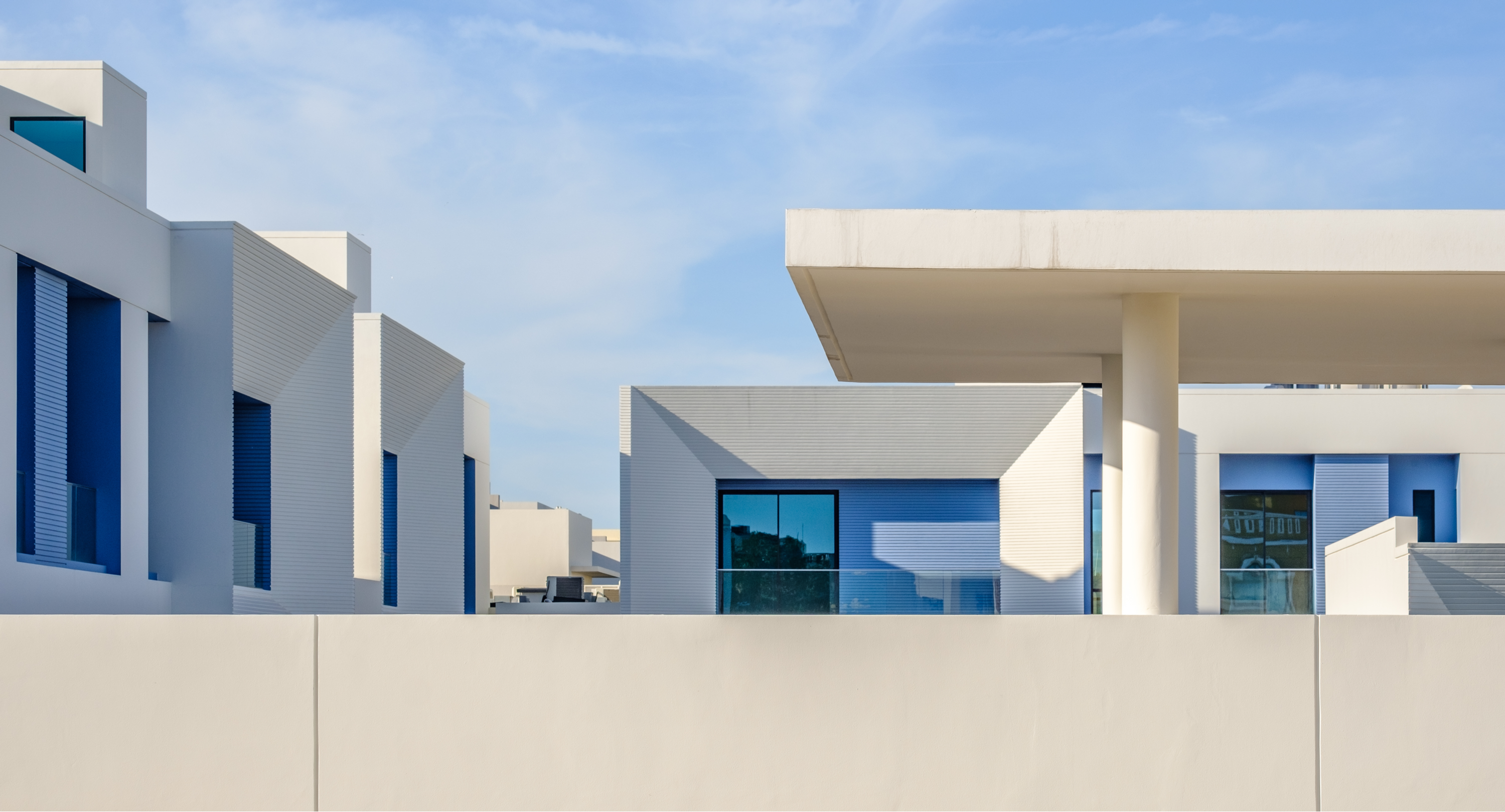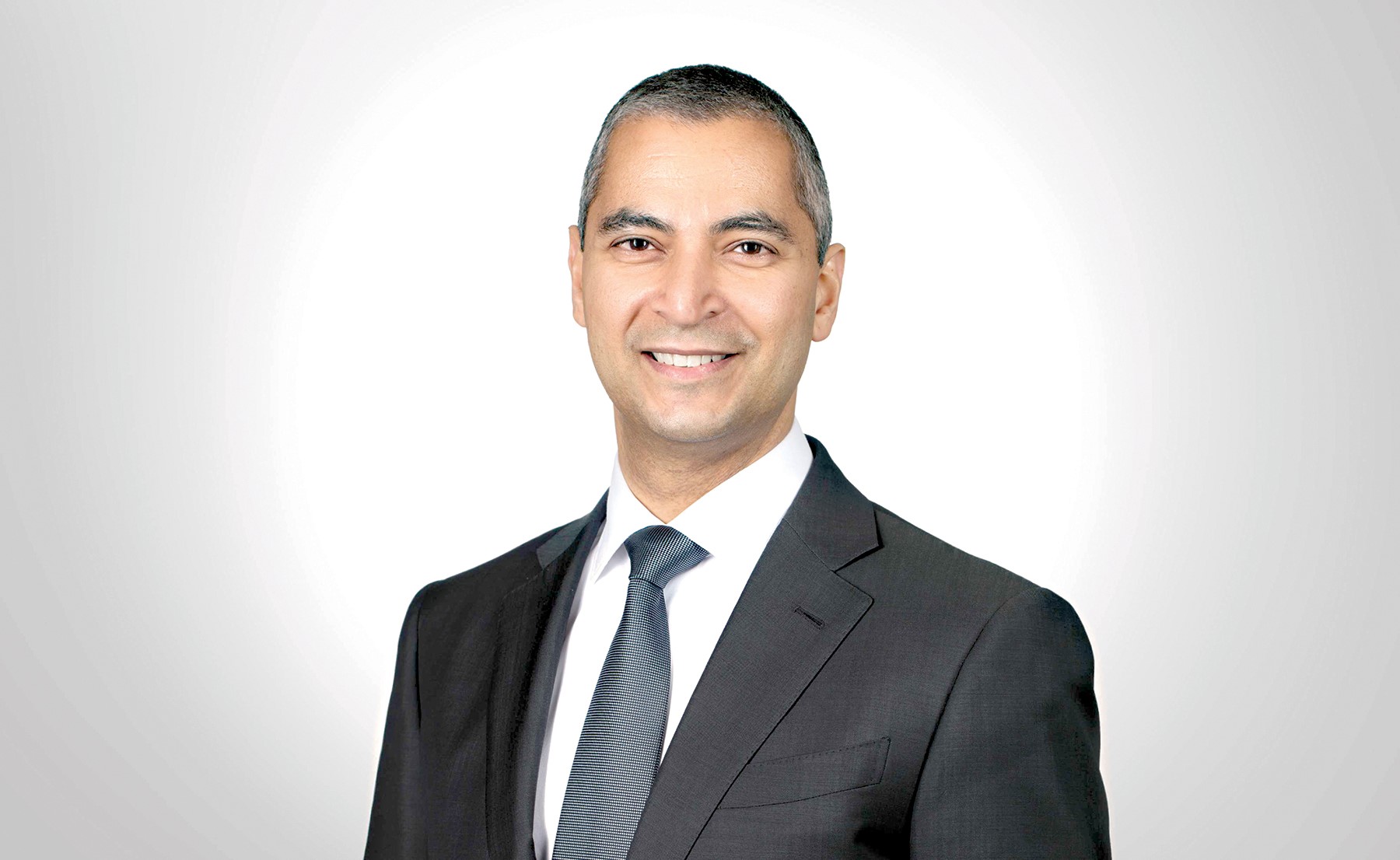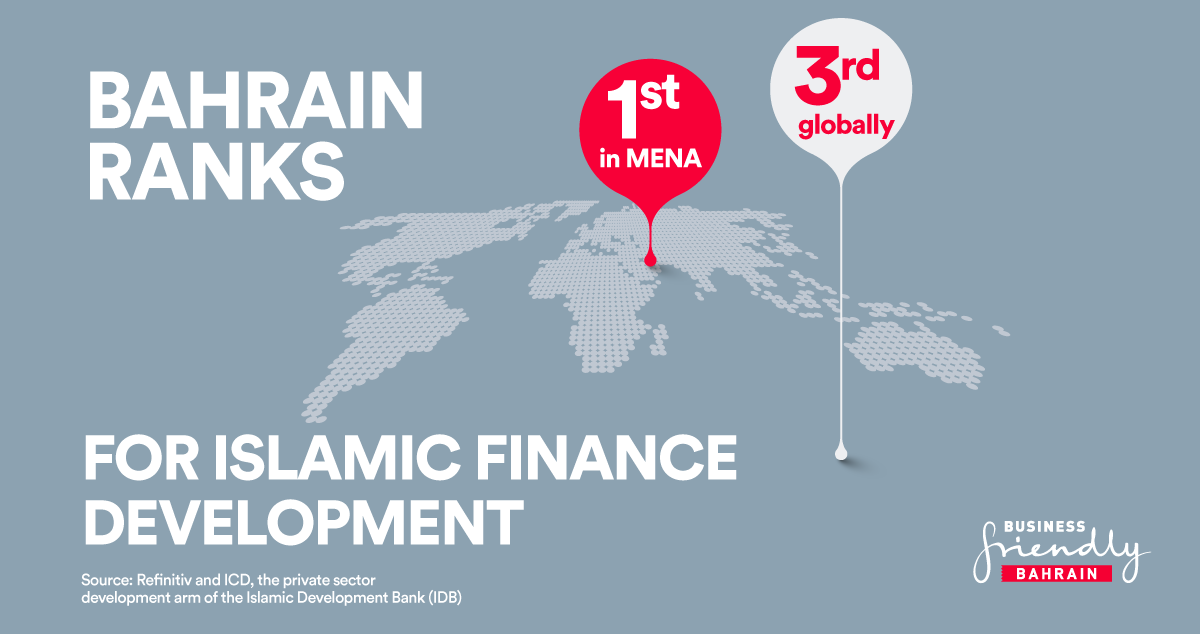Manama, May 27 2021: The Bahrain Economic Development Board (EDB) today announced the signing of a memorandum of understanding (MoU) with Foundation Holdings to invest US$30 million into launching its affiliate companies, in Bahrain including a new state of the art medical centre focused on specialised healthcare and non communicable diseases.
This investment into the Kingdom will support Foundation Holdings & EDB’s shared goal of driving meaningful and positive impact in Bahrain’s healthcare and education sectors. The launch of primary care provider Right Health – an affiliate of Foundation Holdings – will be centred around a new research and development centre that, along with a chain of outpatient and diagnostic facilities and pharmacies, will offer a clinical capacity of 150 doctors and nurses capable of serving as many as 500,000 patients annually.
The agreement also includes launching medical solutions through ProMedEx – another Foundation Holdings affiliate – who will work with the country’s leading private and public hospitals to offer the world’s best-in-class technology orthopaedic and general surgery implants and devices.
The healthcare market in Bahrain has been growing at an annual average rate of 12.2%, from an estimated $1.1 billion in 2015 to an estimated $2.0 billion in 2020[1] which reflects the growing investment opportunity within this key sector.
Abhishek Sharma, Chief Executive Officer of Foundation Holdings said, “We believe that Bahrain is poised to become a major hub for finance, healthcare, education, technology and innovation and we are proud to partner with Bahrain to enhance the quality of the healthcare and education sectors in the Kingdom and the wider GCC region. We are committed to driving innovation within these critical sectors, to meeting the growing demand for specialised service offerings and to creating jobs to lay the foundation for stronger long-term economic growth. This MoU enables us to establish Bahrain as the regional pioneer for healthcare and education and in turn become the springboard for the entire GCC, attracting foreign direct investment and importing global best practice to enhance and boost Bahrain’s position in the global sphere. The latest technologies of our investee companies like ProMedEx and Right Health will further benefit all residents of Bahrain in addition to creating local jobs, and we look forward to using our talent, scale and experience as an effective private sector partner to make a significant positive impact in the Kingdom.”
Commenting on the partnership, Mahmood Al Aradi, Chief Investment Officer at Bahrain EDB said, “This is a strategic investment that has the potential to unlock significant opportunities for healthcare providers in Bahrain over the coming years.
“We are extremely pleased to be supporting Foundation Holdings with their plans to enter the Bahrain healthcare market. Our strategic location, our competitive business offering, which includes delivering the best value operating costs in the region, and the growing demand for healthcare services will all play a fundamental role in contributing to the success of the project.”
Foundation Holdings is a global strategic investment firm focused on the healthcare and education sectors in India and the GCC. It currently holds investments in UAE, Saudi Arabia and India. Foundation Holdings will deploy the funds into establishing its portfolio companies in Bahrain, creating 300-500 locally sourced, specialised healthcare jobs in the process. The news of the MoU comes as Bahrain continues to embark on ongoing healthcare reforms as part of its Vision 2030 programme, creating new and expanded opportunities for investors and healthcare providers.
– ENDS –
For more information, please contact:
Mahmood Ali
Executive Director, Communications
Economic Development Board
Phone: +973-39798919
E-mail: internationalmedia@bahrainedb.com
About Foundation Holdings
Foundation Holdings is a leading strategic, global investment firm focused on building sustainable, industry defining companies in the impactful sectors of healthcare and education with assets under management exceeding AED 500 million and investments in 7 companies across the GCC and India. Foundation Holdings’ applies its value-creation approach to impact investing by building great healthcare and education companies, maximizing their financial potential, and scaling their social and environmental impact. Foundation Holdings’ management team has led successful IPOs across the New York Stock Exchange, London Stock Exchange, Australian Stock Exchange and the Dubai Financial Market, as well as having led two of the largest IPOs in the region.
The firm is the recipient of various awards and distinctions including the Investment Recognition Award by the UAE-India Economic Forum, Responsible Business Award (Nomination) by Ethical Corporation Award, Best Socio Economic Impact Investor Team, UAE, (Nomination) by cfi.co, Best Educational Investment Management Firm (Nomination) by Global Business Outlook, Most Progressive Healthcare Investment Firm, UAE by International Business Magazine etc. Find us in Dubai & Mumbai, and at www.foundationholdings.co
About Bahrain Economic Development Board
The Bahrain Economic Development Board (EDB) is an investment promotion agency with overall responsibility for attracting investment into the Kingdom and supporting initiatives that enhance the investment climate.
The EDB works with the government and both current and prospective investors, in order to ensure that Bahrain’s investment climate is attractive, to communicate the key strengths, and to identify where opportunities exist for further economic growth through investment.
The EDB focuses on several economic sectors that capitalise on Bahrain’s competitive advantages and provide significant investment opportunities. These sectors include financial services, manufacturing, technology and innovation, tourism, education, healthcare, logistics and transport.
For more information on the Bahrain EDB visit www.bahrainedb.com
[1]https://2016.export.gov/industry/health/healthcareresourceguide/eg_main_124534.asp#:~:text=The%20healthcare%20market%20in%20Bahrain,estimated%20%242.0%20billion%20in%202020








